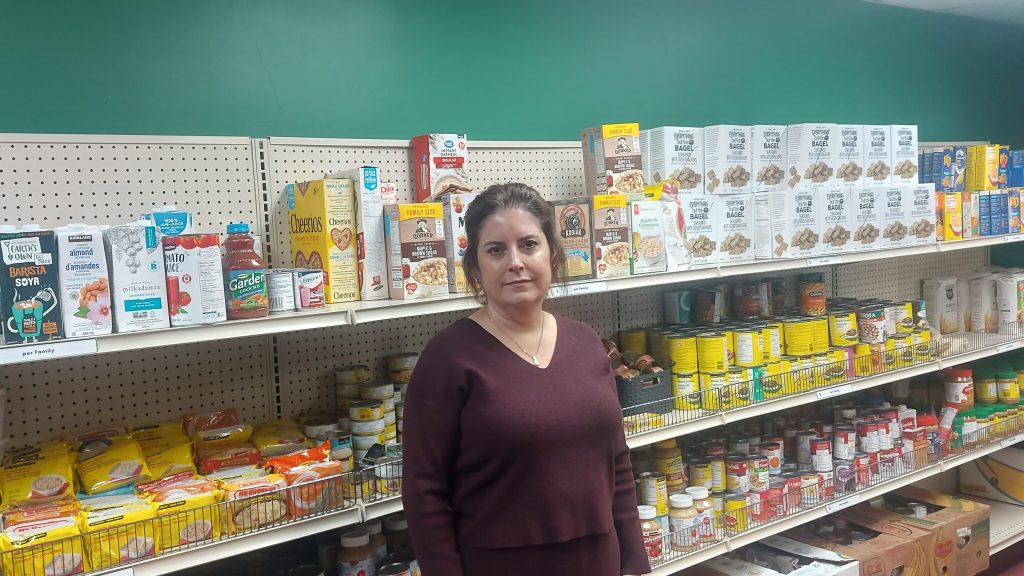Widow urges soldiers to ‘Go get help’ for post-traumatic stress disorder
Posted Dec 5, 2013 10:57:07 AM.
This article is more than 5 years old.
TRURO, N.S. – A member of the military whose husband was killed in Afghanistan urged her comrades to come forward if they’re suffering post-traumatic stress disorder during her eulogy Thursday for a soldier whose death has brought attention to the struggles some face after combat.
As Lt. Kendra Mellish concluded her remarks at Warrant Officer Michael McNeil’s funeral, she directly addressed members of the Royal Canadian Regiment and other military personnel at the packed service held at an armoury in Truro, N.S., where McNeil first became a reserve in the early 1990s.
“I’m confident without a doubt that there is someone here who is suffering the way Michael was suffering. You are suffering in silence. There is no need to suffer in silence. There is help,” Mellish said.
“Go get help.”
McNeil, 39, was a member of 3rd Battalion, Royal Canadian Regiment. His death at Canadian Forces Base Petawawa, northwest of Ottawa, is among four apparent suicides, which have focused attention on PTSD.
Former soldiers suffering from PTSD asked the federal government Thursday at a news conference in Ottawa to provide more support to veterans suffering from the illness.
On Wednesday, Prime Minister Stephen Harper said everyone should encourage veterans in need to reach out for help that is available.
Mellish’s husband Frank was killed in Afghanistan in September 2006 and she recalled how McNeil deeply grieved the loss of his close friend.
“Only seven short years ago, he (McNeil) was in this same position, paying homage to his friend,” she said.
Mellish said McNeil helped care for her children and would meet her when she came back from her own overseas tours.
She offered comfort to McNeil’s two daughters, son and stepson. “Be proud of the hero he was,” Mellish said.
McNeil worked on reconnaissance units during two tours of Afghanistan. He also completed tours of Bosnia and Croatia after joining the Royal Canadian Regiment in 1994.
Before the service, McNeil’s younger brother said members of the military need to know help is available if they are suffering.
Kevin McNeil said PTSD is a problem that is not going to stop, but the risks can be minimized.
“The most we can do is maybe slow it down,” McNeil said.
“As much money as government is going to pour into this, it’s not going to stop. What we can do is make more people aware.”
The Armed Forces acknowledges it will be dealing with an increased number of PTSD cases in the next decade as the stress of combat takes hold in those who have returned from the fighting in Afghanistan.
McNeil said he wants his brother remembered as a family man first and secondly as a hero to his country.
“He gave everything to his country,” he said. “He was a strong man and will be missed forever.”










